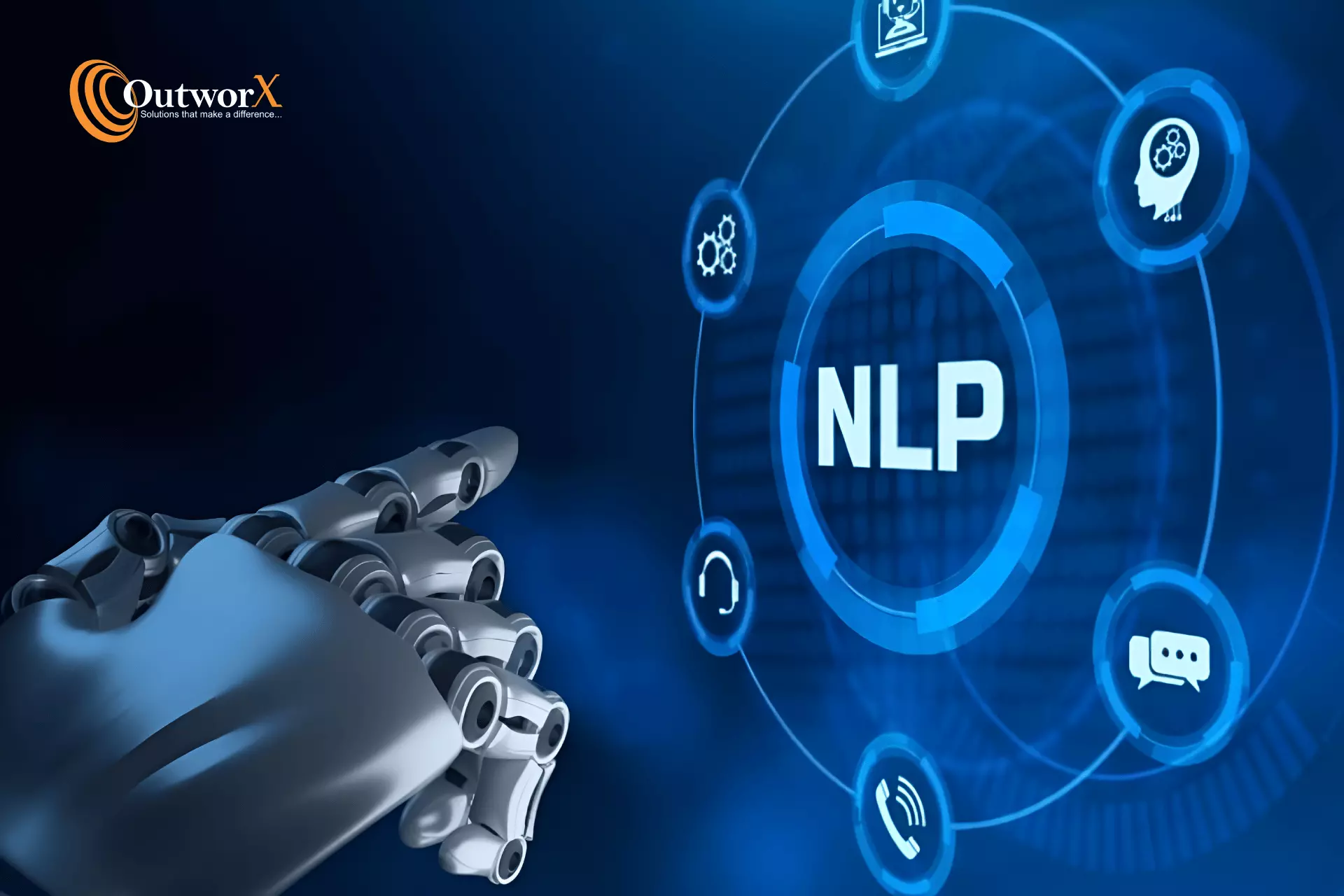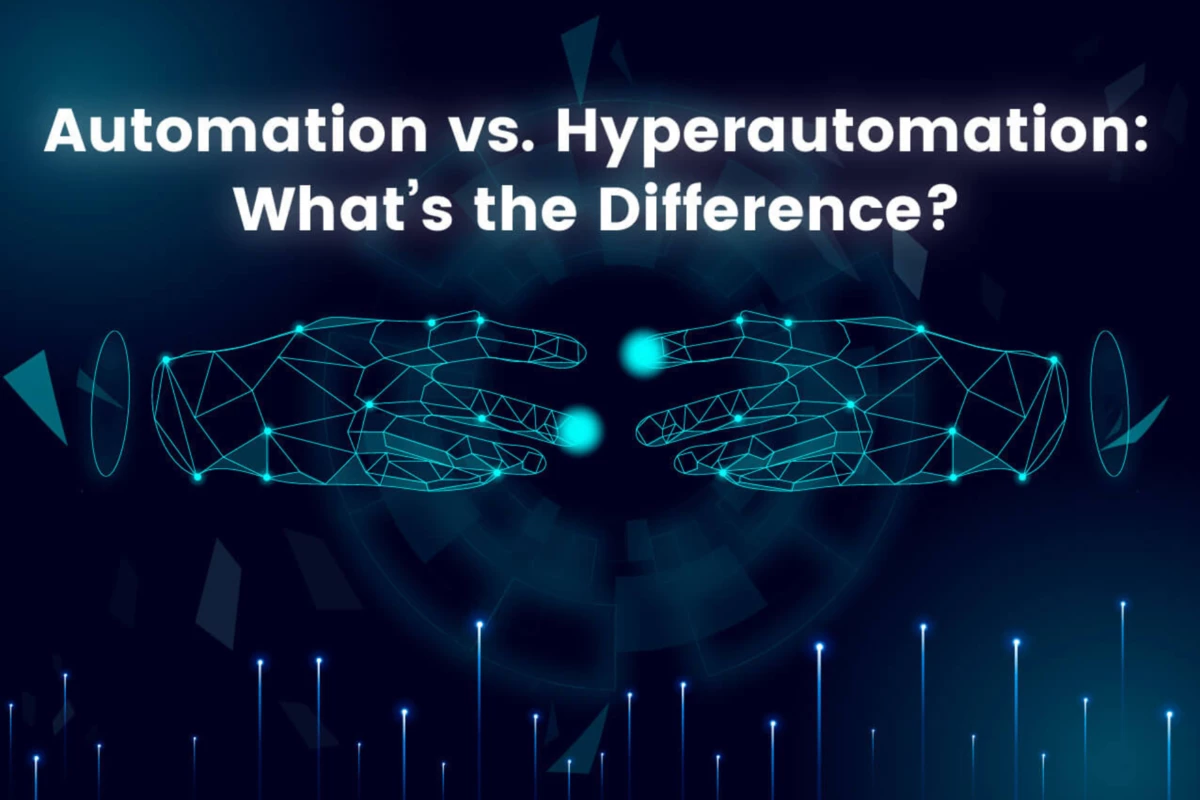Business operations comprise both structured and unstructured workflows. While RPA has paid dividends for the former, RPA developers still struggle to make a dent in the hundreds of unstructured manual processes that comprise a business. Therefore, NLP in RPA can boost their automation strategy.
Ensuring receiving the best experience and higher returns on the complete automation process have become vital pieces of RPA. Yet is this possible for the majority of business processes users deal with daily?
RPA developers have waited a long and are limited in the processes where they can achieve end-to-end automation. However, NLP has progressed as a technology. It now provides devs with an accurate and dependable result to extend robotization into the most opaque primer processes.
Due to the wide range of use cases, robotic process automation (RPA) and natural language processing (NLP) get adopted by companies.
- 53% of associations have formerly started their RPA journey, and 19% of respondents plan to borrow RPA in the coming two years.
- The global NLP market get anticipated to reach 43B by 20251
Leading RPA merchandisers have started to combine AI capabilities into their automation tools. These produce intelligent bots that allow end-to-end process robotization with the decision- making capabilities. NLP gets included among the AI capabilities that add intelligence to RPA bots.
What is Robotic Process Automation (RPA)?
Robotic Process Automation (RPA) refers to automating repetitious, rules-based business operations tasks, frequently involving data processing or routing. RPA reduces costs and increases profitability for enterprises by liberating workers to concentrate on advanced-value work.
Companies use RPA tools to configure automation, frequently known as robots ”. There are three types of RPA bots: attended, unattended, and hybrid.
Each RPA bot may work alone to automate only one task, similar to grading a support ticket. Additionally, several robots may coordinate to automate a more complex process, same as extracting data from a scanned bill, analyzing it to understand the roles and values involved, and automatically pushing a transaction from accounts payable.
What is Natural Language Processing – NLP in RPA?
Natural language processing (NLP) is a branch of computer science that helps computers to understand human language as humans use it. Firstly, low-position text analytics functions break expressions down into parts, including parts of speech. Further, NLP models decrypt meaning from those pieces, the same as assaying their sentiment, grading them into buckets, or recognizing them into named identities.
Natural language processing in RPA analyzes structured, unstructured, and semi-structured documents to identify, extract, and structure data for further analysis. NLP operations in RPA fall into two orders structured and semi-structured document processing and unstructured document use cases.
The first group of NLP operations for RPA covers structured and semi-structured document use cases. Therefore, these include invoice processing, insurance claim handling, and contract analysis. NLP for structured and semi-structured document processing helps companies accelerate and automate business processes. Furthermore, it helps in reducing costs by freeing workers to concentrate on advanced-value tasks.
Unstructured document use cases in RPA align more nearly with the traditional Voice of the customer (VoC) and Voice of Employee (VoE) enterprises. Furthermore, the automation includes NLP for client review analysis, support ticket classifications, and many workforce analytics functions. Using NLP for VoC and VoE process automation helps companies increase profit by improving client experiences and staff engagement and guiding product roadmaps.
Where can NLP in RPA be employed?
Some NLP tasks used in software programs presently:
Sentence segmentation:
Implementing NLP is to understand the many parts of a sentence to find meaning behind sentences.
Machine translation
NLP in translation software paves the way for sentences to restate from one language to another if the grammar is flawless.
Summarizing
A significant use of NLP moment is to assess a vast amount of text and summarize it into much smaller readable paragraphs.
Classification
Given a set of documents or emails, NLP can read and classify the documents filtering documents applicable to a specific environment.
Topic Extraction
NLP can identify different topics available in a text to help the reader by only showing the applicable parts of the text.
Natural language generation (NLG)
Like Analysts, computers can write reports in plain English on Excel data using NLG.
RPA in various industries — NLP in RPA
The barrier to end-to-end process robotization
Access to structured data constantly blocks good processes from being automated. Emailing is a significant criminal, but one of the multiple problematic data sources: ticketing systems, chats, and CRM note-entries all block RPA devs from delivering successful end-to-end automation.
The problem is unstructured data. Manual email tasks are not the structured data flows we generally calculate for automation.
An RPA bot can not parse emails between two associates when supported by added tools like IDP. Even the simplest tasks — such as reading an email — require an understanding of freeform natural language only humans have been suitable to give.
Moreover, without real-time structured data, quantifying and measuring the success of automation systems becomes a static and labour-intensive task.
As a result, RPA devs concentrate on easy and lower-value automation available in their channels. It is of the high-value processes revolving around natural language, which can give significantly more time back to the business and bettered CX.
How NLP enables RPA — NLP in RPA
Fortunately, natural language processing (NLP) has progressed as a technology.
Additionally, it used to be the case that NLP models could prove unreliable. And their performance was hard to measure, and their value was delicate to prove. Recent advances – in using transformers and the development of low-code and Active learning methodologies – have made it faster to train. It emplaces and produces value from NLP.
NLP is now mature enough to process and understand human language. NLP creates some automation applications:
Process discovery and description
Traditionally, processes discovered by questioning process SMEs, which has produced good results. Yet, essential information- like secondary processes is forgotten or not communicated duly, leading to defective automation that fails to make an impact.
The value of NLP is that it gives RPA devs another avenue to go down for that knowledge. Clustering and unsupervised learning methods have made chancing new issues and opportunities in unstructured data much quicker. When adopted across business comms channels, an NLP result can reveal the common problems and manual processes else hidden or forgotten.
Automation, analytics, and reporting
Non-automatic comms tasks, like email processing, have always lacked structured data demanded automation. It is presumably one of the essential functions of NLP- It reliably converts unstructured comms data into structured data that is machine-readable and ready for automation. RPA devs now have the structured data to make software bots for the most complex comms processes.
For the first time, RPA devs are suitable to automate business processes from end to end. They are no longer limited to the structured workflows compromising the tail end of the process. Where data is scanty, RPA devs can now produce their own using NLP.
It also means that developers have the data they need to analyze automation performance, measure system exceptions, and prove the value their automation is driving for the business.
RPA and NLP are one of the fastest-growing technologies at present. From this above briefer, we can understand where to implement NLP, how end-to-end automation takes place, and how NLP enables RPA.
Contact Outworks Solutions Sales Team to inquire about a free demo on RPA services in India.



